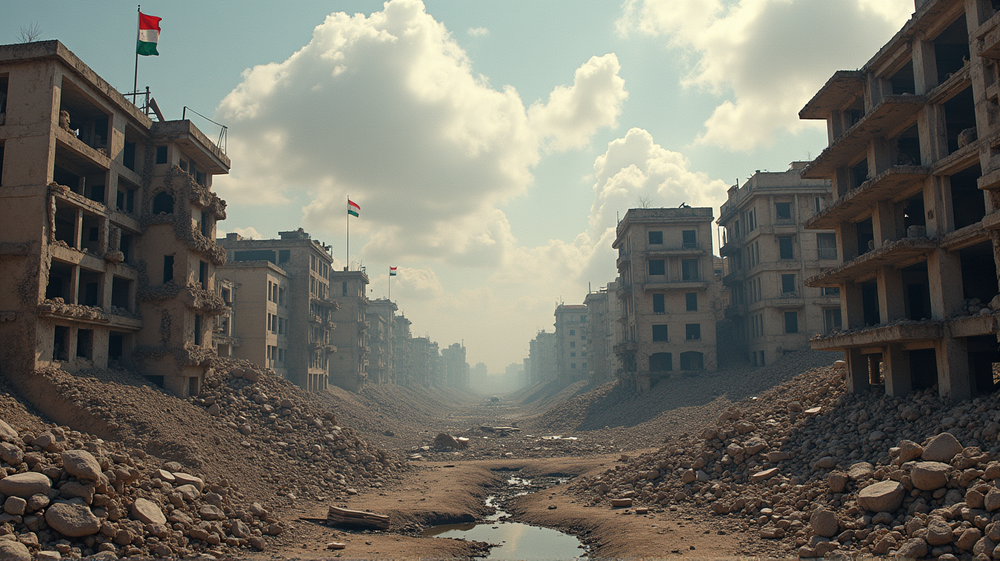In a world filled with instant communication and instantaneous reactions, the silence surrounding the humanitarian catastrophe unfolding in Gaza is deafening. As airstrikes devastate the land, the question that lingers is: Why aren’t world leaders voicing their disapproval more strongly? This silence could indeed be a loud complicity.
A Humanitarian Crisis of Epic Proportions
Israel, with unmatched military might, has engaged in extensive operations in Gaza, leading to substantial civilian suffering and infrastructural damage. By July 2025, reports estimate at least 57,680 civilians, predominantly women and children, have perished, while infrastructure lies in ruins. The bitter irony is that in the face of such ruins, global leaders, especially those with power and influence, have remained eerily quiet. Is this a mere oversight, or a profound avoidance of responsibility?
The Question of Moral Responsibility
More than ever, the words of leaders like Martin Luther King Jr. resonate, reminding us that “the ultimate tragedy is not the oppression and cruelty by the bad people but the silence over that by the good people.” History has witnessed that silence can serve as tacit approval. Yet, even as evidence of devastation mounts, many leaders behind the veils of diplomacy and political self-interest choose to remain spectators rather than actors, their silence complicit.
A Protracted War’s Devastation
This brutal conflict, driven arguably by the tether of existential threats perceived by Israeli leaders, has found its casualty in the civilians of Gaza. It’s poignant—military responses described as ‘defensive’ result in scenes of decimated civilian life that resemble more a strategic eradication than self-defense. As stated in Fair Observer, the blockade of vital necessities and destruction do not endanger terrorists but rather amplify the civilian plight.
The World Watching: Genocide Redefined?
While the context and definition of ‘genocide’ have evolved, the ongoing siege prompts reconsideration. Witness accounts, forensic assessments, and declarations by international observers suggest a carefully orchestrated tragedy—an assertion of ethnocentric ideals over humanitarian principles. It’s a tug-of-war between historical narratives and modern ethical standards.
Where Is the Line?
For those who weigh past against present, the measure of silent complicity in the current crisis is less about denying Israel’s right to defend and more about the methods and means. Can any strategy justify unprecedented civilian loss and a humanitarian quagmire? Satellite images and reports from Gaza paint a grim picture—a land and people worn by an unending cadence of strife.
Conclusion: A Collective Crisis of Conscience
In these times, the world watches—some in disbelief, others in calculated silence. This crisis is not just one of territorial battles but of global morality. As the guns blaze, the debate over silence versus action continues—a test of humanity’s conscience amidst sufferings that cross borders, languages, and politics. The world’s silence echoes loud in Gaza’s ruins, a haunting accomplice to its ordeal.












